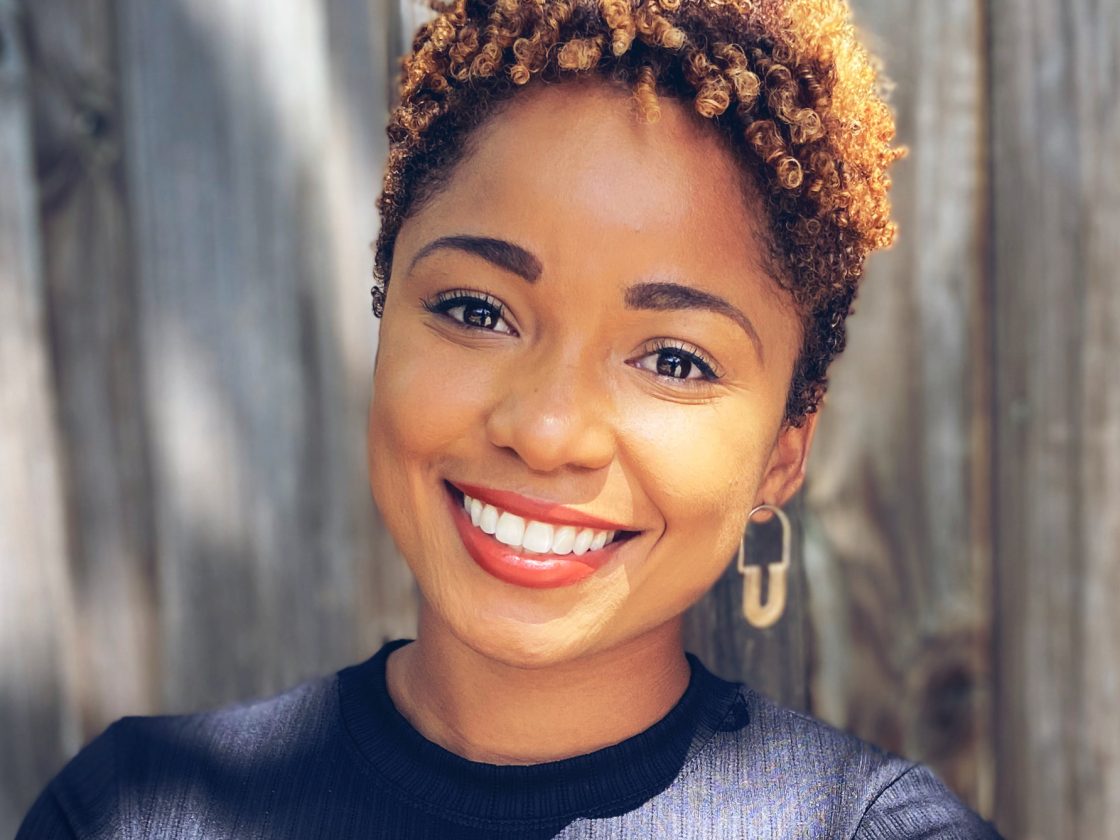Helping Students Succeed: Addressing Pandemic-Related Learning Loss
The COVID-19 pandemic disrupted so many aspects of our lives, and it may be some time before the full impacts are known. That’s especially true for students and teachers, who were forced to confront a new way of learning amid lockdowns across the country. In response, the federal government is investing billions of dollars in education through the American Rescue Plan.

Courtney Mauldin is a professor in the School of Education at Syracuse University. She took time to answer some questions about the state of education and how districts and parents can best support their children.
Q: How big of a problem has learning loss been through the pandemic?
“I find that the topic of learning loss has taken more of a front row seat as we continue to navigate the longstanding effects of the pandemic. However, our schools were already in a space of navigating high teacher turnover, inequitable distribution of resources, and a responsive instruction to students with diverse histories and identities. Considering this, learning loss might have been magnified in new ways throughout the pandemic, particularly by academic standards and achievement-based measures.”
Q: What should districts and parents be looking for to determine if kids need some extra help, and what should they be doing during the summer to promote learning?
“My conversations about navigating the pandemic with young people over the last year have really illuminated that many of them feel that if given the opportunity to have an engaging experience such as project-based learning on relevant topics that they care about, attending art and cultural events relevant to their lives, and other enrichment that meets students at an engaging level, they would be excited about the return to schools. For so long, we’ve forgotten how vital student engagement is to shaping student investment in learning. I encourage parents to look into their local museums and arts and cultural centers for free programming and admission free days. There is a ton of deep and inquiry-based learning that happens in these spaces. For school districts, I think there is a tall yet important task of ensuring that students feel a culture of safety and belonging before implementing the newest “catch-up” initiatives — the culture of the schools and classrooms is always the pre-cursor to the learning that follows.”
Q: Aside from summer enrichment, is there more that districts can do to help students who may be falling behind and are there ways the federal government can/should help support that?
“The recent investment into summer learning by the federal government is a forward step in supporting students impacted by these last few years of the pandemic, especially the consideration of their social and emotional health. I appreciate that Biden’s American Rescue Plan (ARP) is also taking into consideration the additional mental health supports needed for students at this time. School districts across the U.S. are navigating multiple concerns that range from school safety, teacher retention, decreased teacher autonomy, and more. My hope is that the federal government recognizes that there has to be a continuous investment in our teachers, students and families – they are key stakeholders in U.S. schools. While expanding summer learning is a forward step, there are multi-pronged issues plaguing our schools that also impact student learning. These issues must be addressed with not only intentional funding but also taking a critical look at the ecosystem of schools and rethinking what works well for students. This looks like truly supporting teachers beyond gift cards and “jeans” day. How do we value teachers as the experts and professionals they are? How might we better balance the ratio of school counselors to student body population? The residuals of the pandemic go beyond a few academic school years and students deserve to have continuous and adequate supports.”
To request interviews or get more information:
Chris Munoz
Media Relations Specialist
315.278.5566
cjmunoz@syr.edu



